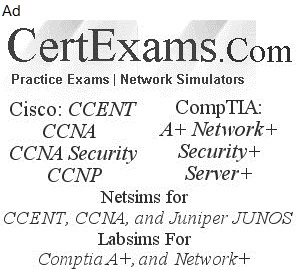Confidentiality, integrity and availability, also known as the CIA triad, is a model designed to guide policies for information security within an organization. The elements of the triad are considered the three most crucial components of security.
Confidentiality is a set of rules that limits access to information, integrity is the assurance that the information is trustworthy and accurate, and availability is a guarantee of reliable access to the information by authorized people.
According to Cisco, security solutions for an organization may be broadly divided into three categories. These are:
A. Physical security: The following form physical security
1. Security cameras, and other monitoring devices
2. Security personnel
3. Climatic controls for proper temperature, humidity, etc.
4. Physical barriers
B. Administrative security: the following form administrative security
1. Maintaining log books
2. Screening employees, and security personnel
3. Maintaining security policies
4. Security awareness programs, etc.
C. Logical security
1. Authentication systems
2. Firewalls
3. Encryption schemes, etc.
The following are the IOS based security features:
1. Stateful inspection - Performs stateful inspection using Context Based Access Control (CBAC).
2. Virtual Private Networks (VPN) - Provides tunnels for virtual private communication.
3. Intruder Prevention System (IPS) - Cisco IOS may be configured to detect an attacker and prevent him from proceeding further, and report the same.
4. VPN Routing and Forwarding - aware Firewall - A VRF-aware firewall maintains a separate routing and forwarding table for each VPN,
5. Note that ACS (stands for Access Control Server) and MARS (stands for Monitoring, Analysis, and Reporting System) are separate software entities and not a feature of Cisco IOS.

